PHILIPPE HALLAIS: An American Hero
|Eva Kelley
Composer Philippe Hallais, also known as Low Jack, returns to Modern Love with his new album An American Hero, which will be released on June 9th.
Sometimes, the undisputed superficiality of certain emotional concepts serve as a welcome vacation from reality. The entertainment industry’s most exemplary ideal in this exercise of mental relaxation, the “athlete biopic,” served as the inspiration for Philipe Hallais’s new album An American Hero. Set up after the example of a Greek Tragedy, the album’s 11 tracks are divided into acts and delve into the dislocation of the mythology of sports and its rendering of the figure of the hero into a dispensable body. Paris-based producer and composer Hallais, also known as Low Jack, worked with director Ethan Assouline for the album, who created 11 short films to visually support the sounds. Taken together, they reveal the triviality and scripted cycle of the life of a hero.
On the occasion of the release of Assouline’s video for the track Angela, 032c’s Eva Kelley spoke to Hallais about conserving constructed emotions on An American Hero, the evolution of the TV drama, and his back-up dream profession.
Eva Kelley: So, I read that you are somewhat of a cheese specialist. What’s your favorite cheese?
Philipe Hallais: Right now, I’m all about sheep cheese farmsteads in the French Basque country. I’ve said this many times, but I’ve always wanted to become a cheese monger. It is a hardcore vocation.
Could you tell me a bit about your process of creating An American Hero?
The relative isolation of being on the road a lot puts you into zones of loneliness, where the only emotive outlet is mass-produced entertainment. Gossip columns in magazines, touch-screen television monitors in taxis, and shameless social media spying. An American Hero stems from this lack of self-respect. Most of the first sound drafts where made on a laptop with cell phone headsets in airport boarding areas and hotel rooms.
How did you become so intrigued by tv biopics of athletes? Do you have a favorite?
I found it very fascinating how they build a providential character to eventually bring about its full disembodiment. The extremely dramatic tone in all these stories is entertaining and depressing at the same time. Two of them that particularly stuck with me would definitely be Iverson and, obviously, Hoop Dreams.
These documentaries are totally constructed to evoke emotions in the viewer and all follow a distinctive script. Are you integrating these same principles in the album?
It definitely embodies the patterns and the recurrent storytelling found in these sport biography documentaries. Each piece on the album communicates with a specific part of the story – organized as acts of an antique tragedy. The rise to the top, the betrayal, the decline, salvation, comeback, and posterity.
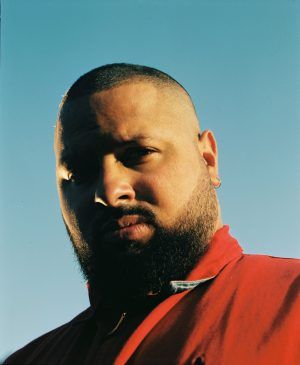
I find these Lifetime docudramas almost nostalgic, less and less people watch normal tv and just stream their way through a service. Do you think this type of show is dying out and, in a sense, are you trying to conserve them?
I see what you mean, but I also have the feeling that the general concept of treating Lifetime stories as tearful soap operas can be transposed into many different forms. Despite their crisis, big TV networks don’t necessarily demonstrate any evolvement with the narrative templates of writing this type of chronicle. For instance, social media and blogs feel like a new golden age for non-stop drama scenarios.
I read that you move through “different subcultural languages” – which types of subcultures are you pulled in by most?
On all my previous albums, the starting point was reappropriation and interpretation of an existing folklore. But this doesn’t mean sampling. On Garifuna Variations [L.I.E.S. – 2014], which was my first effort of an album, I focused on the Garifuna people of Honduras. Initially, it was a commissioned work from the Quai Branly Museum and they gave me access to their vast archives. The album explored subjective interpretations of legends, stories, lyrics, and archival footage of the Garifunas.
Why were you interested in digging into their history?
I’m from Honduras, born in Tegugicalpa, but I was adopted when I was four months old and I spent my first years in Frankfurt, Germany. So, the process behind the album was more to genuinely question the status of the outsider exploring his roots. On the two other albums that I’ve released as Low Jack, this scheme to explore the outsider’s conditions kept following me. Sewing Machine [In Paradisum – 2015] played with the fact that my music was categorized as “noise,” without any legitimacy for that label, and Lighthouse Stories [Modern Love – 2016] was about dealing with the boredom and isolation of teenage years by appropriating local, foreign cultures like ghetto house, scratch music, and so on.
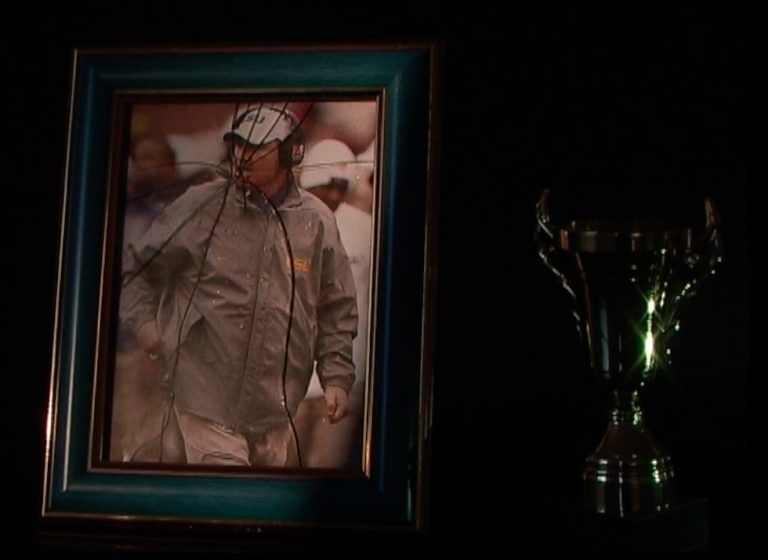
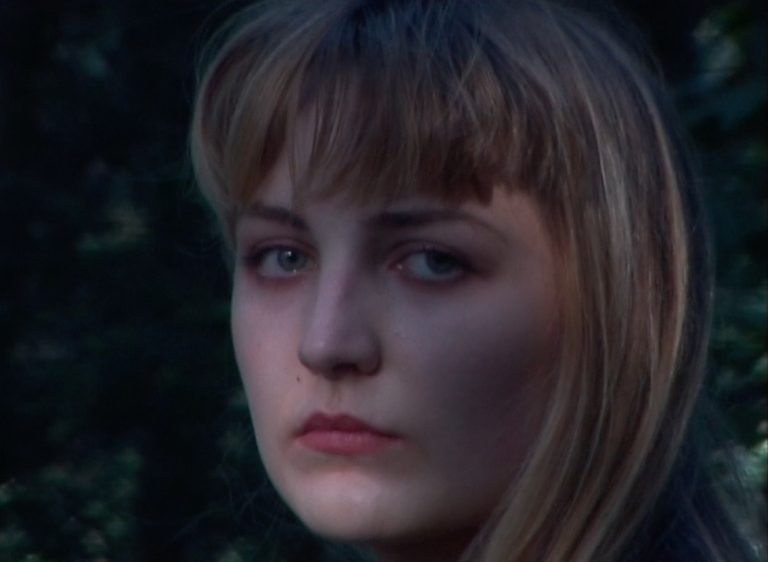
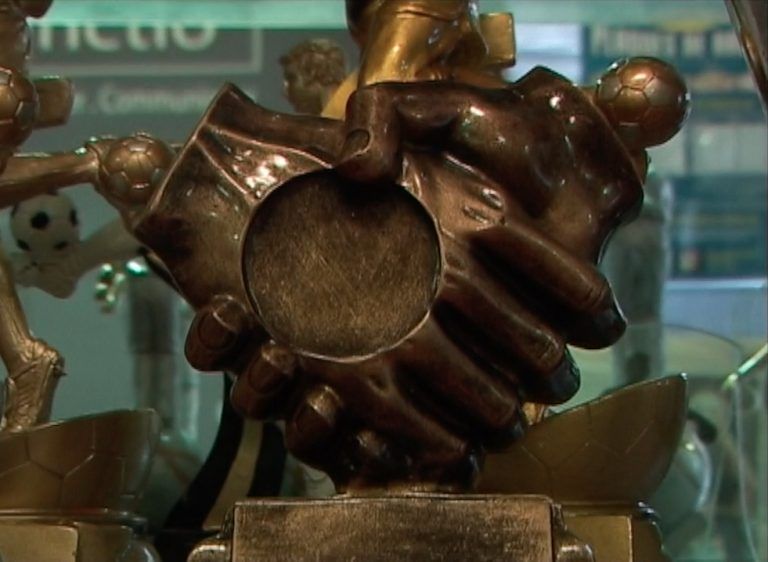
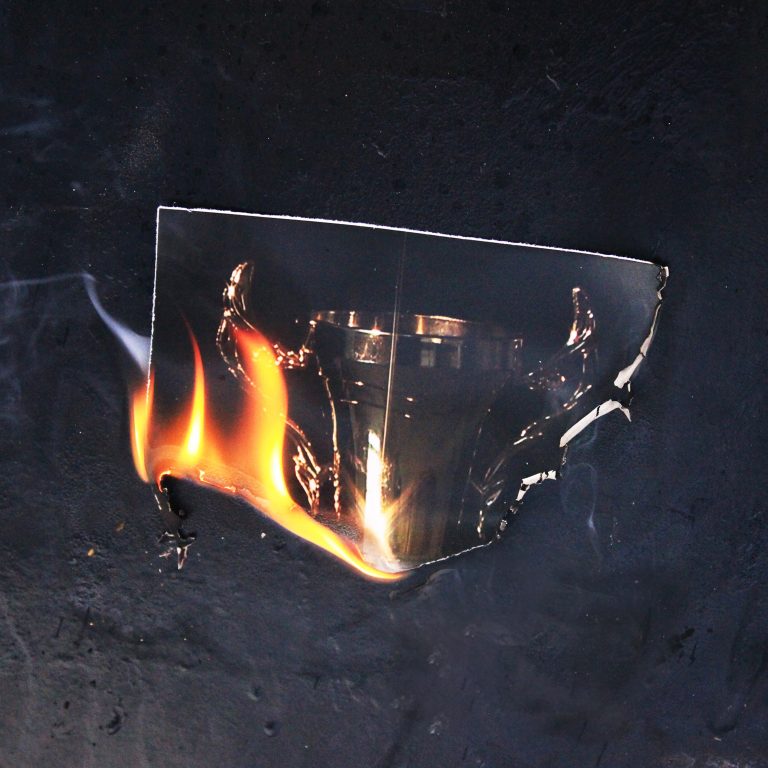
Credits
- Interview: Eva Kelley